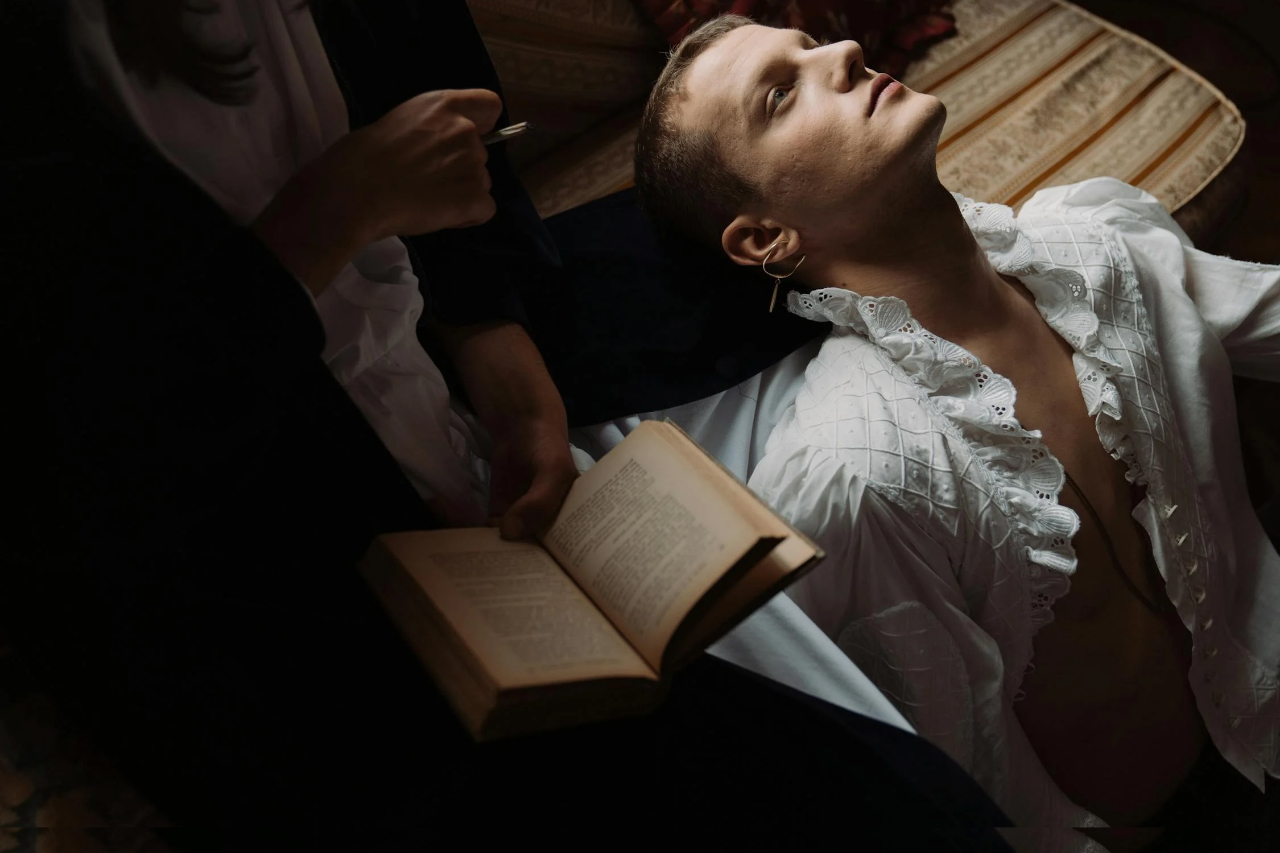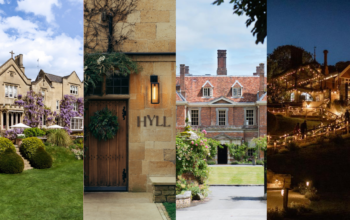From commoner to crown: Exploring the journey of becoming royalty

The path to becoming royalty is a story that not many people go through. However, it continues to be an intriguing account of the change from being a commoner into something remarkable. In past times, there have been many people who started with lowly origins but rose to high positions filled with authority and honour. These individuals wore crowns and commanded power over entire countries.
But, how does one change from being a commoner to becoming noble? In this article, we will explore the interesting process of becoming royalty, looking at the difficulties and successes along with customs making way for royalty.
The rise of nobility: Understanding the path to lordship
The journey to become a lord usually begins through birthright or marriage connections. People can either inherit their family’s titles and properties or get united in wedlock with noble families to make alliances.
But if no family connections are in place, how does one become a lord? One common route is through purchase. This can be done by deed poll, which is regarded as one of the simplest and most cost-effective methods of acquiring the title.
Additionally, common people without special status can join the ranks of nobility on the account of doing great services or being given kind favours by kings. Furthermore, knighthood, which carries much prestige and is often given as a reward for brave acts or steadfast loyalty, serves as another way that those from common origins might rise into this high level of society where they can own land and hold important titles in their name.
Navigating the courts: Etiquette and education in noble circles
When people who want to become lords become recognised as nobility, they face the intricate maze of courtly customs and scholarly aspirations. Learning how to converse in polished language and diplomatic nuances, becomes necessary to thrive in important royal circles.
Additionally, an education filled with historical understanding, comprehension of literature and principles of governance is crucial because lords are given the task to participate actively in governing their territories. So, the path to lordship is more than just about being born into a noble family; it includes having good qualities and knowledge, which helps people handle the many different parts of noble life and ruling.
Securing allegiance: Building alliances and influence
For those who desire to become lords, gaining power and respect is crucial. This involves making sure that other peers and subjects are on your side. To achieve this, you need to form strategic marriages and alliances and provide patronage, which will increase your influence among noble groups, forming bonds capable of altering the path of events in history.
Additionally, if a person shows their skill in war or ruling properly they can get the loyalty of vassals, which helps them become more solidified in the structure’s rank. So, becoming a lord is not only about wanting it but also knowing how to make alliances and gain loyalty.
Preserving legacy: Upholding tradition and noblesse oblige
When lords rise to their authority, they receive not just titles and lands but also the heavy responsibility of tradition and noblesse oblige. The crucial task of keeping the customs and principles alive from old times becomes very important because lords act as protectors for their family history. They are responsible for preserving this valuable heritage that has been handed down through many generations.
Furthermore, noblesse oblige requires them to fulfil a serious duty in caring for their subjects; making certain about their well-being and safety. So, the path to lordship is not just about increasing personal status. It involves a deep dedication to maintaining the heritage and following the values of providing help and kindness to improve society as a complete unit.
Keeping up appearances
Aspiring lords should know that in the world of royalty, wearing jewellery is an important part of showing off their high status and history. For instance, the British royal family has always liked to adorn themselves with stunning jewels. Every piece of jewellery they wear has its own story and meaning, from crowns or tiaras to brooches, necklaces, and earrings, all these items make a royal outfit more luxurious and carry messages about history traditions, or personal feelings.
For official events like state banquets or royal ceremonies, lords might go with more subtle and classic jewellery items such as cufflinks, tie pins, and maybe even a small signet ring carrying their family’s emblem or armorial bearings. In less formal places or events, lords might opt for other types of jewellery such as watches, rings, bracelets, or necklaces that match with their personal fashion choices.
Conclusion
The story of going from a regular person to being a lord is full of ambitions, difficulties, and successes. People make their way towards lordship through heritage, faithfulness, as well as what they leave behind in history. This helps them climb up the ladder once kept only for the high society. Now, however, it’s available to everyone who can prove themselves worthy enough or purchase the title.
Still, in this world where power and importance are everywhere around us, those who aspire to become lords should remember the duties that come with nobility, including serving with respectability, guiding honestly, and keeping safe what was left by previous people. In this ageless path to becoming royal, one can see not just the attraction of the crown but also its duty.
The editorial unit

























Facebook
Twitter
Instagram
YouTube
RSS